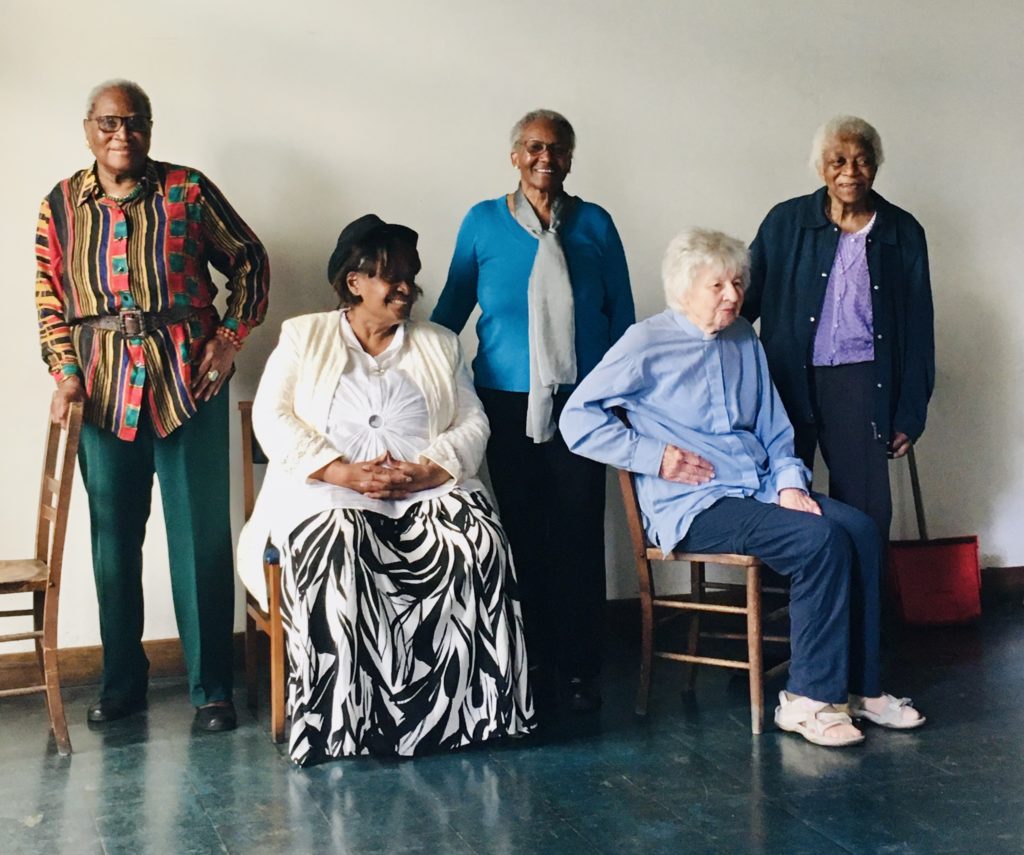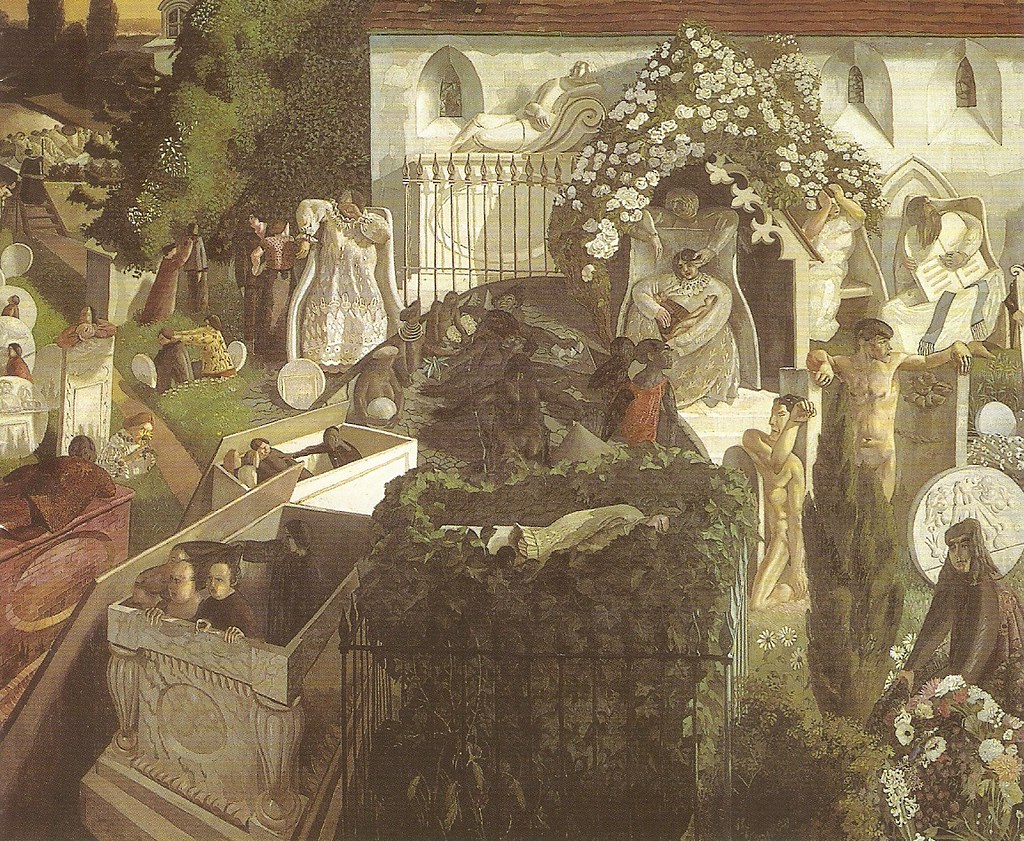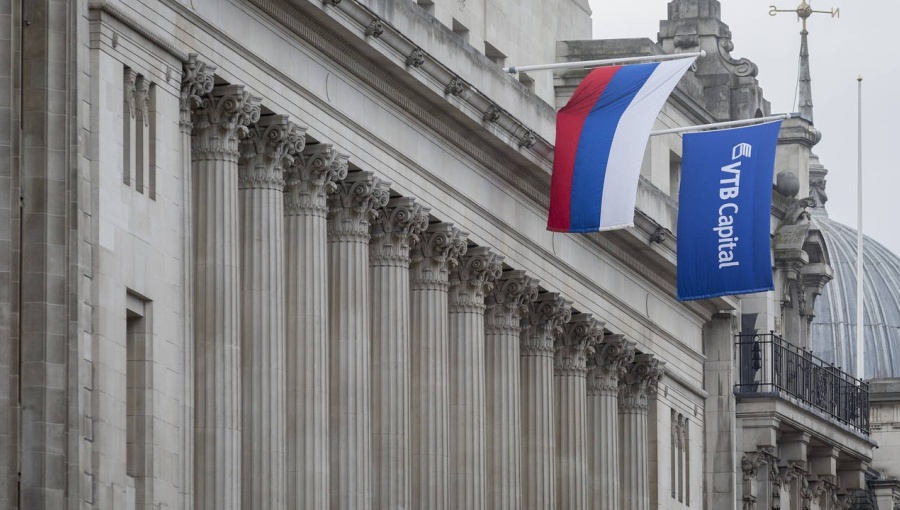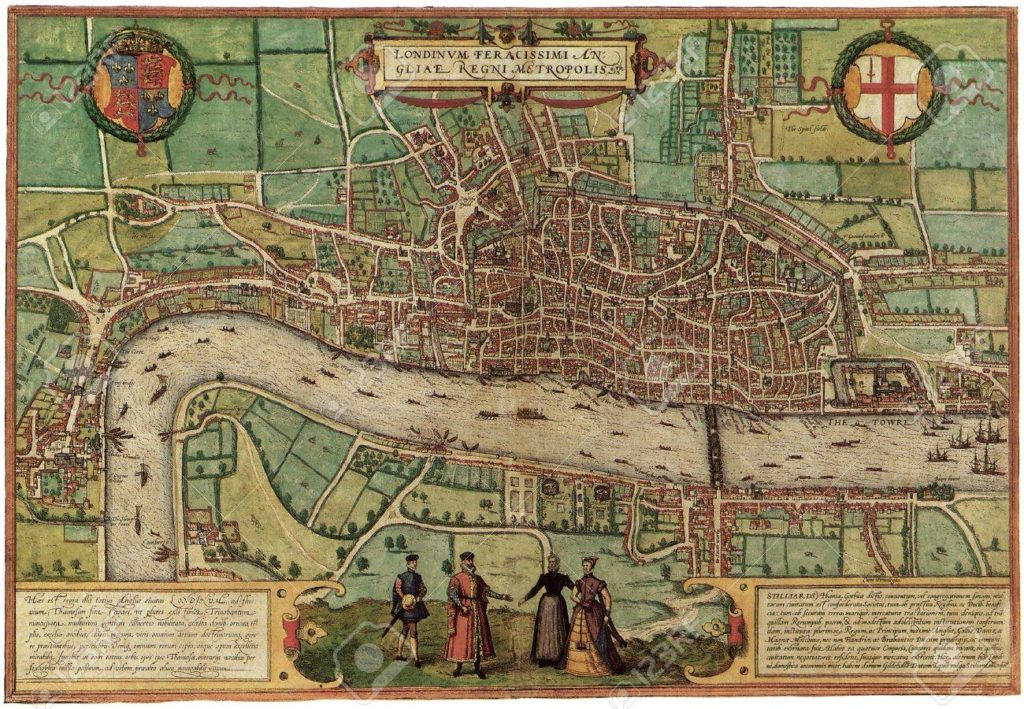No Room on the Wardlist: a Christmas Story
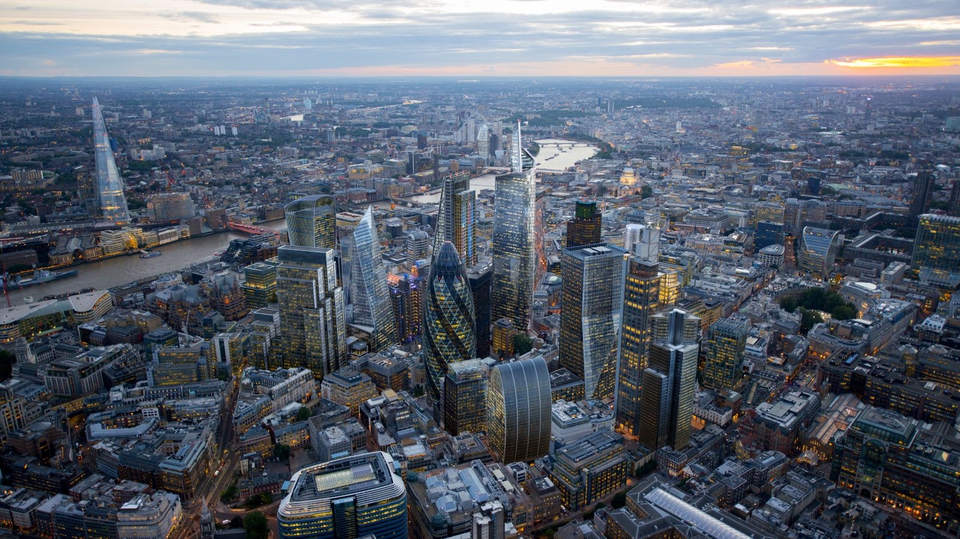
One of my parishioners works in the City. She has done so for years and works extremely hard. In fact she continued to commute in and out of the Square Mile during the entire period of the second lockdown when she was often the only person coming into the office. As a cleaner it’s not possible to work from home.
She has a 60 + Oyster photocard which means travel is free after 9 am. The only thing is she typically finds herself returning home on the bus in the early morning after her nightshift and has to pay £1.55 for each journey. Sometimes it costs her double that if the bus is delayed or she has to change.
There are thousands like her commuting in and out of the City at night to clean the offices. Many are in their 60s and have this Oyster card. I suggested that she speak to one of her councillors in the City. Maybe they could represent her case to the Mayor of London who is responsible for Transport for London and seek a waiver for early morning journeys before, say, 7 am? The City of London Corporation is already a great champion for the London Living Wage for low paid workers.
I asked her, incidentally, whether she had a vote in the City. I said as a City worker I thought she would qualify for a “worker vote”. In fact I knew that the City was busy trying to get workers to register their interest in becoming voters ahead of the next round of elections in March 2022. The number of voters on the City’s electoral roll had dipped to an all-time low last year during the pandemic and this year the City had employed a crack team to try to bump up the numbers. Councillors openly worried that their legitimacy was at stake because the City’s electorate was so tiny.

The way it works is that companies, charities, churches and all manner of organisations in the City, including the City Corporation itself, are “qualifying bodies” and can appoint voters. The number of votes each can appoint depends on the size of its workforce. There is a taper to prevent large employers from swamping a ward. Also “qualifying bodies” need to make their voting appointments to reflect the composition of their workforce and do so in an open and clear way. If a director gets a vote, so too should a cleaner, that sort of thing.
My parishioner filled in a form on a website and requested a vote. She heard nothing after a few days. Conscious that the deadline was approaching she asked me to look into it. The City’s Electoral Engagement officer emailed to say that because she cleaned an office run by the City Corporation she couldn’t have a vote that way. Despite the fact that it was harrying qualifying bodies all over the City to exercise their democratic responsibilities, it seemed that the City Corporation didn’t itself give votes to its workforces or contractors.
Why not? No one knew. A formal policy decision had never taken place. There were murmurings about “custom and practice”. The reality is that for the last twenty years since this voting arrangement had been put in place no one had challenged it. Nobody who works for one of the City’s sizable operations – the Barbican, the City of London Police, Guildhall itself – is allowed a vote.
Now, however, my parishioner was questioning it and the City had a little panic. What happened next was quite remarkable. On the last day it was possible to challenge the ward lists the City’s legal adviser produced a Late Item for the Policy Committee, asking the City’s leadership to, well, form a policy.
You can see what happened last week on YouTube. The item begins at about 30 mins. Clearly some members of the committee knew what was going on and others didn’t. Those who spoke against it spoke of the risk of “conflict of interests”. They said it would be “embarrassing” for councillors to have to canvas the votes of officers. It was even pointed out (by the City’s solicitor in his report, no less) that if you gave the Guildhall workers the vote it could affect the result of the election. The committee chair said that this for her was a “distinguisher” and a reason she was against it. Voting impacts elections.
If you have a moment over the next few days, log on to the YouTube account, pour yourself a glass of port and enjoy the spectacle of the City of London Corporation making it up as it goes along. It may be the oldest municipal democracy in continuous existence in the world – so it says – but really doesn’t approve of the practice for itself.

